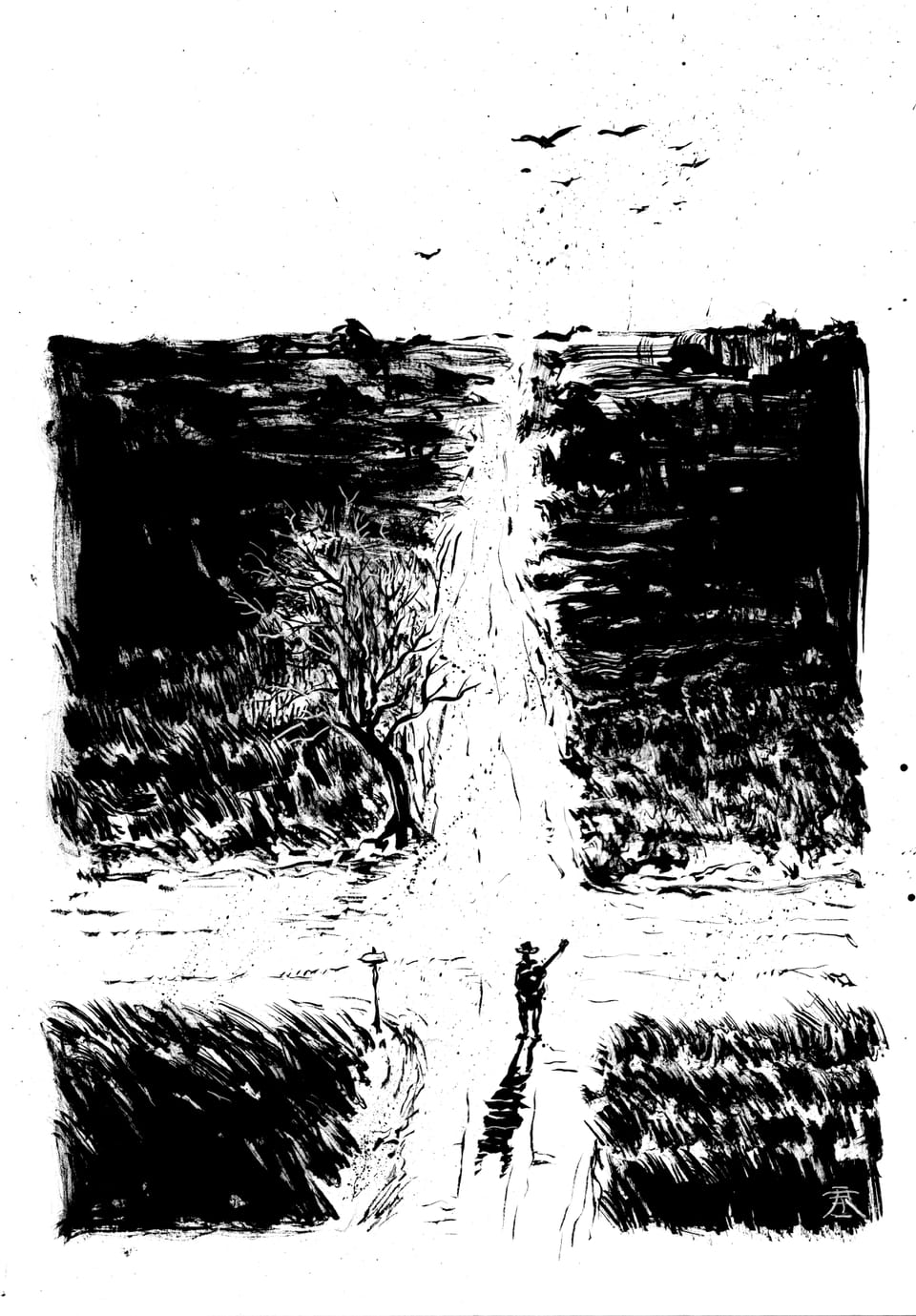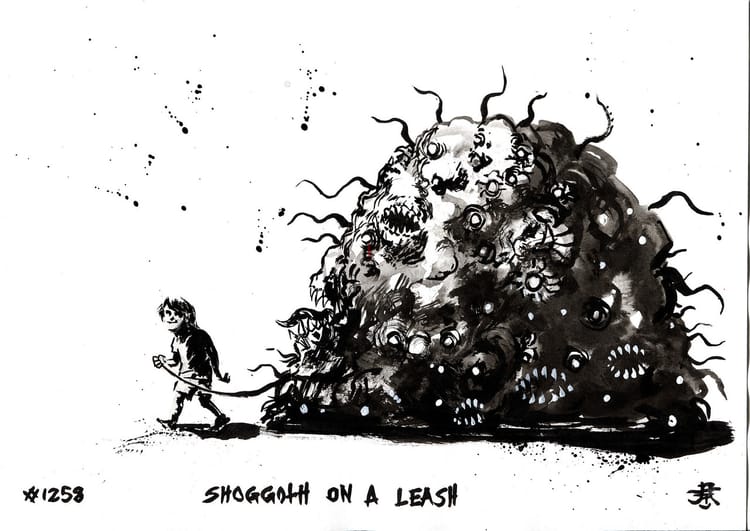A Simple Systemless System To Solve Story Somo

S.O.M.O. (so•mo) | noun: Scared of Missing Out. A version of Fear of Missing Out that replaces the first word for a synonym so that the author of the blog article can maintain his alliterative title.
I have a problem with my campaign prep, but if you have the same problem, there might be hope for us. See, I’m the kind of GM who cooks up a bunch of plot threads and throws them all at the wall spaghetti-style to see what sticks. Lately, though, all of my plot pasta has been sticking, and now the wall is covered in pasta.
Invested players are a blessing; that’s not my problem! This is my problem: time.
Whether you’ve got too many plot threads or just too much world with interesting corners and compelling story potential, there’s just not enough real-world time to see and do everything.
In character or out, a single group cannot solve all of the mysteries, uncover all the forgotten secrets, and punch all the bad in the world.
So what’s to be done?
“Write fewer plot hooks,” You might say.
To which I reply, “No. Too simple. It would never work, and you can’t make me.”
Instead, let’s solve this problem by giving your players a way of harnessing an often untapped reservoir of power: their network of NPCs.
Activating Their Network
The campaign is the PCs’ story. They should be at the center of the action. Understandably, they’d be hesitant to delegate important story stuff to NPCs.
After all, it’s not satisfying to have a situation resolved off-screen, but also, no one wants the GM to hog the spotlight for two hours by roleplaying with themself.
You could just hand over the NPC sheets to the players and play the game normally, but then you at least run into the time problem again, and depending on your group, they might not enjoy stepping away from their characters for an entire session (or more).
That’s why this system agnostic system (yes, I’m aware of the oxymoronic vibe of that phrase) empowers your players to make significant plot decisions on NPCs’ behalf while also allowing them to experience more of the world, see more of the story, and tackle more plot threads. All in less than thirty minutes of real-world game time.



